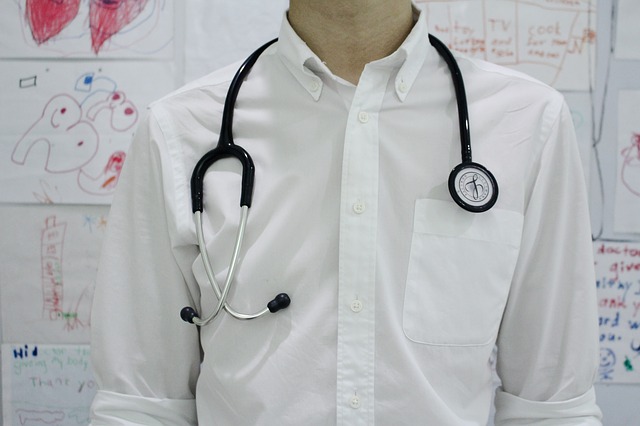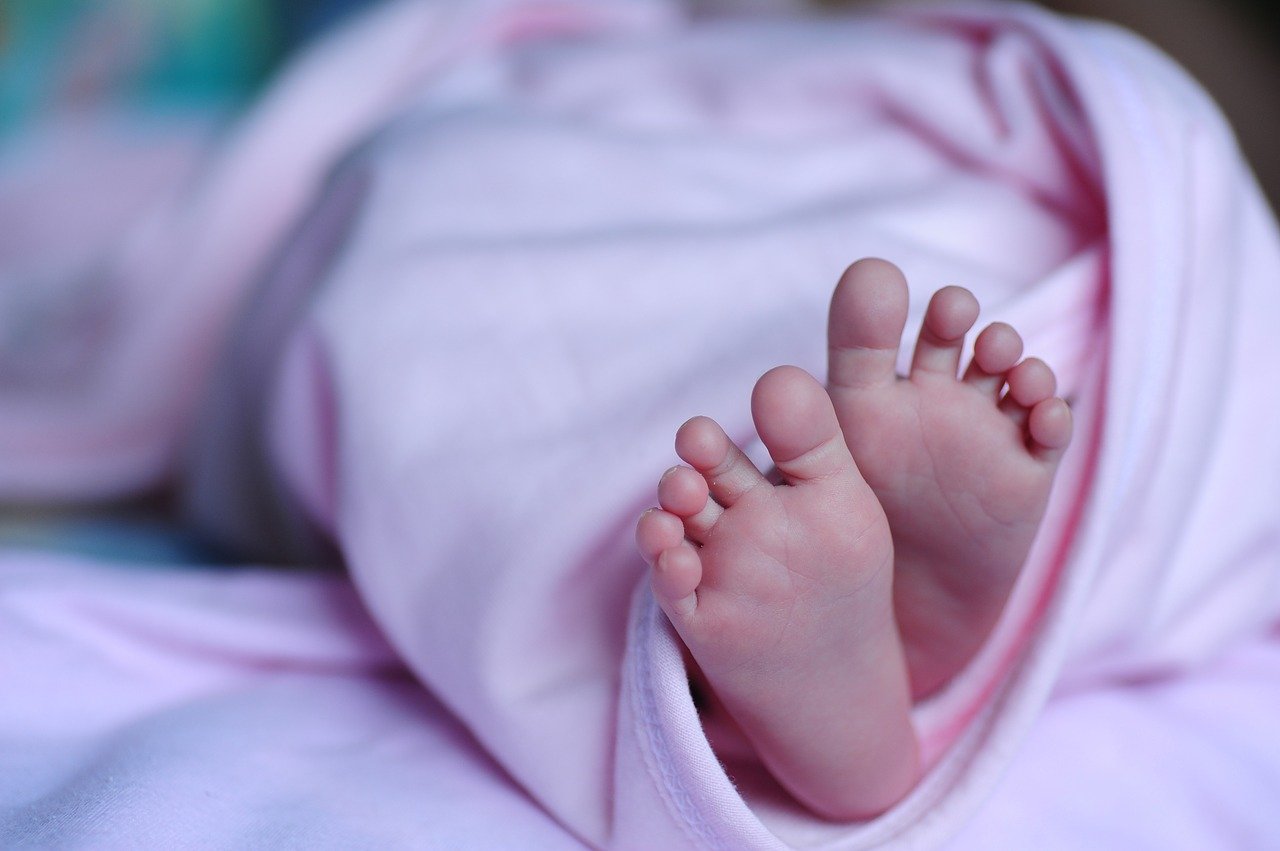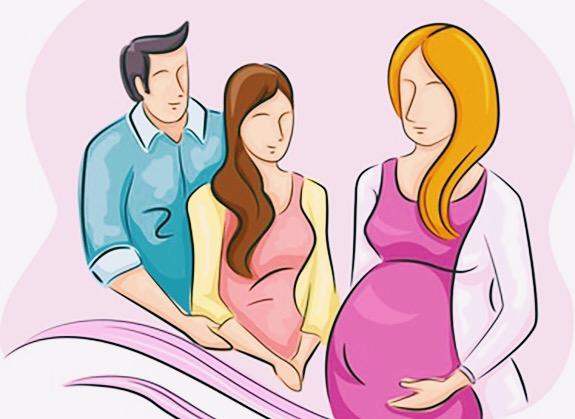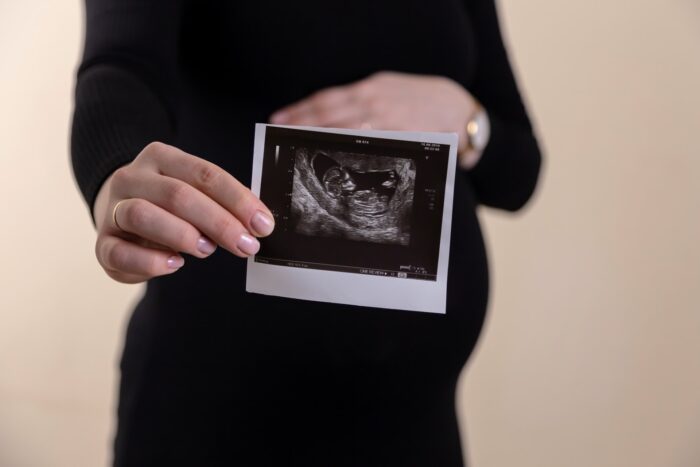Catholic bishops from Sweden, Norway, Finland, Denmark, and Iceland have issued a joint pastoral letter
reaffirming the Church’s teaching regarding gender which the Church in Germany has strongly challenged. The Church teaches that a person’s biological sex cannot be changed.
The letter said the bishops are ready “to accompany all” – but also stresses that accompaniment has the goal of conformity with Church teaching.
The Bishops grant their support of some aspirations of the contemporary movement for LGBT rights, and condemns unjust discrimination of any kind.
But, they add that when a “view of human nature that abstracts from the embodied integrity of personhood, as if physical gender were accidental” is put forward, “we must dissent”.
Further to this, “we protest when such a view is imposed on children as if it were not a daring hypothesis but a proven truth”.
The bishops, writing in the name of the Scandinavian Bishops’ Conference, related these points of dissension to Christianity’s conception of personhood as intrinsically embodied.
This embodiment is especially manifest in the “complementarity of male and female”, itself “sanctified in nuptial union” and “perfected in the Lamb’s marriage feast at the end of history.




















